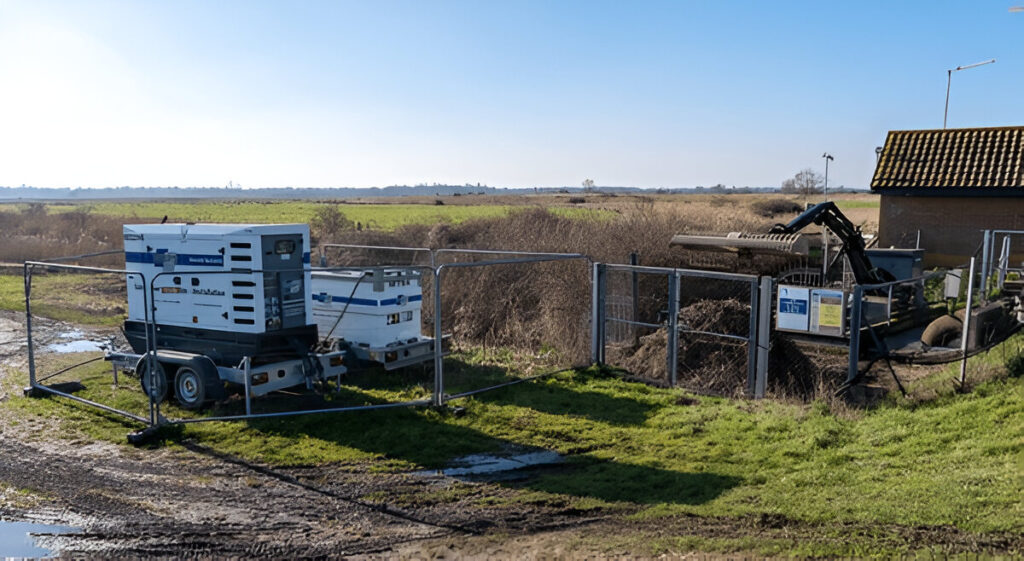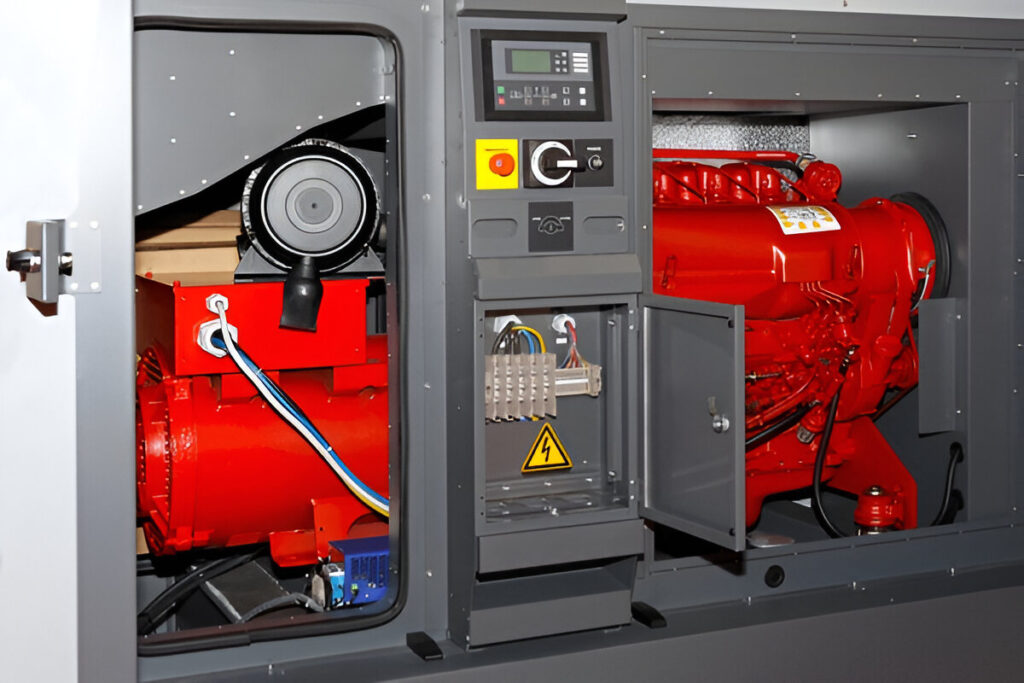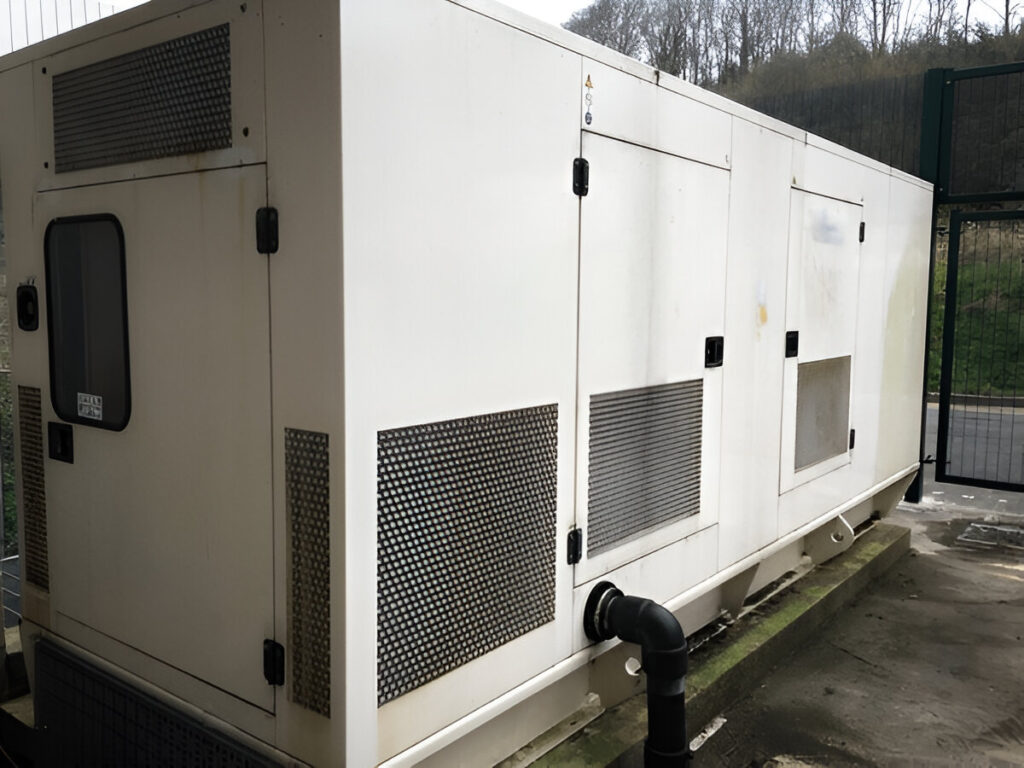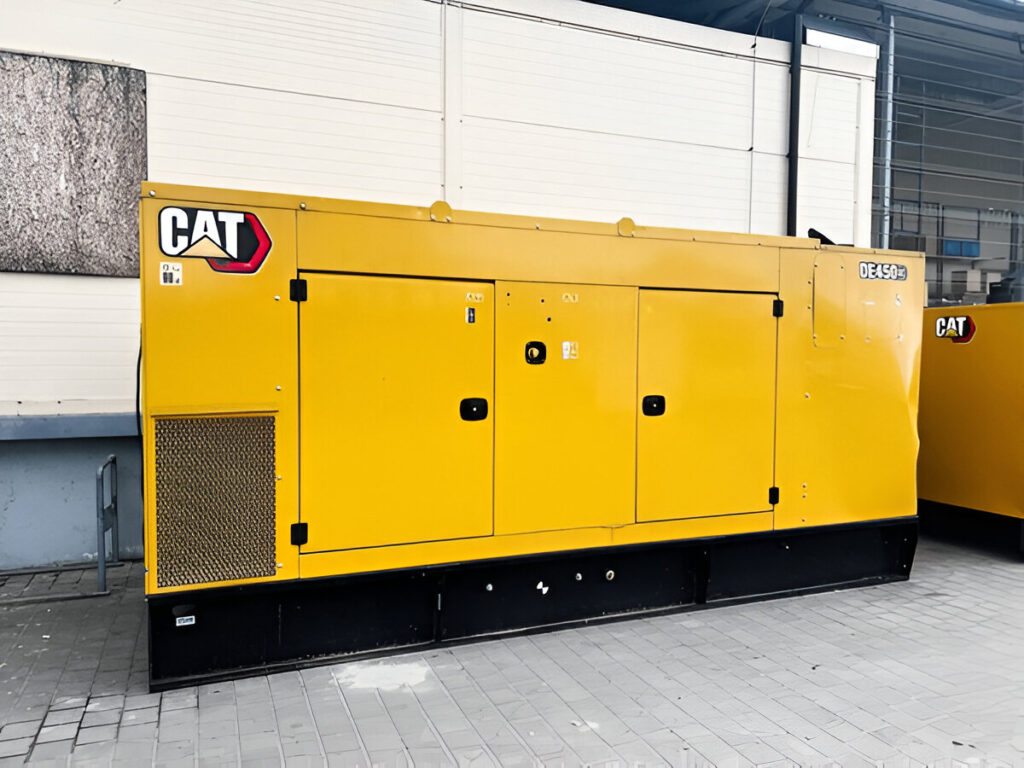As the world continues to battle climate change and air pollution, the demand for cleaner energy sources is growing rapidly. One major area under scrutiny is the use of Diesel Generators, which play a vital role in providing backup power but are known for emitting harmful pollutants. Fortunately, biofuels are emerging as a promising alternative to reduce these emissions without compromising generator performance.
What Are Biofuels?
Biofuels are renewable fuels made from organic materials such as plant oils, animal fats, and agricultural waste. They are considered eco-friendly because they produce significantly lower levels of carbon dioxide, nitrogen oxides, and particulate matter when burned. The most commonly used types in generators include biodiesel and ethanol blends.
Biodiesel, in particular, is ideal for use in diesel fueled generators because it can be blended with traditional diesel or even used on its own in some engines. It’s biodegradable, non-toxic, and has a much smaller environmental footprint.
How Diesel Generators Contribute to Pollution
Diesel Generators are commonly used for backup and off-grid power needs across construction sites, hospitals, commercial buildings, and remote locations. But traditional diesel fuel emits greenhouse gases, sulfur dioxide, and fine particulates. These emissions contribute to:
- Global warming
- Acid rain
- Respiratory issues in humans
- Environmental degradation
Especially in areas where generators are used heavily or run for long hours, the impact on air quality can be severe.
How Biofuels Help Reduce Emissions
The main advantage of using biofuels in diesel generators is their ability to significantly reduce harmful emissions. Here’s how:
- Lower CO₂ Emissions: Biofuels are carbon-neutral because the carbon dioxide they emit during combustion is offset by the CO₂ absorbed by plants during their growth.
- Reduced Particulate Matter: Biodiesel produces fewer airborne particles, leading to cleaner air.
- No Sulfur: Unlike traditional diesel, biofuels contain little to no sulfur, reducing the risk of acid rain and corrosion in engine components.
This makes them an excellent choice for companies aiming to reduce their carbon footprint and comply with environmental regulations.
If you’re in the market for a cleaner power solution, generator for sale options are now available that support biodiesel use, offering you a sustainable energy alternative.
Compatibility with Existing Diesel Generators
One of the best things about biofuels is that many existing diesel generators don’t need major modifications to use them. Most generators can run on a blend of up to 20% biodiesel (B20) without any engine changes. Higher blends or pure biodiesel (B100) may require slight upgrades to fuel lines and filters.
Leading generator brands such as caterpillar generator company and Cummins are already engineering machines that are compatible with a wide range of fuel types, including biodiesel. These companies understand the future lies in clean energy and are adapting accordingly.
Economic and Environmental Benefits
Besides emission reductions, biofuels offer several additional advantages:
- Renewable Source: Made from natural, renewable materials, biofuels help reduce reliance on fossil fuels.
- Local Production: Many countries can produce biofuels locally, reducing import dependence and boosting the agricultural economy.
- Long-Term Cost Savings: While the upfront cost of biofuels might be slightly higher, they reduce engine wear and maintenance costs over time.
When paired with the right generator, biofuels can lead to operational savings. Explore our inventory of used generators for sale if you want a budget-friendly option that’s ready to be upgraded with cleaner fuel alternatives.
Are Biofuels the Future of Diesel Power?
The shift to biofuels is already happening in sectors like agriculture, manufacturing, and transportation. As more governments set stricter emission standards, companies using diesel generators will need to find cleaner ways to operate.
Fortunately, the transition is smoother than most people realize. A wide range of modern and even second-hand generators support biodiesel blends. You can even find generator enclosures that are soundproof and emission-compliant to meet urban regulations.
With proper maintenance and the right fuel source, your diesel generator can be both efficient and environmentally responsible.
Choosing the Right Generator for Biofuel Use
If you’re considering switching to biofuels, make sure your generator is compatible or can be easily retrofitted. Look for features such as:
- Stainless steel or biofuel-resistant fuel lines
- High-efficiency fuel filters
- Manufacturer support for biofuel blends
You can browse our collection of reliable diesel motor generator units that are ideal for sustainable power needs.
If you’re uncertain about the right option, our team can guide you to the perfect match based on your power needs, usage time, and environmental goals.
Conclusion
The environmental impact of traditional diesel generators is a serious concern in today’s climate-conscious world. But thanks to biofuels, there is a way to balance power reliability with sustainability. By adopting biodiesel-compatible generators and making conscious fuel choices, individuals and businesses can take a big step toward a cleaner future.
Whether you’re buying a new generator or upgrading an old one, now is the perfect time to explore options that align with green energy goals. Start your journey today by checking out for sale generator solutions that support cleaner fuel technology.





